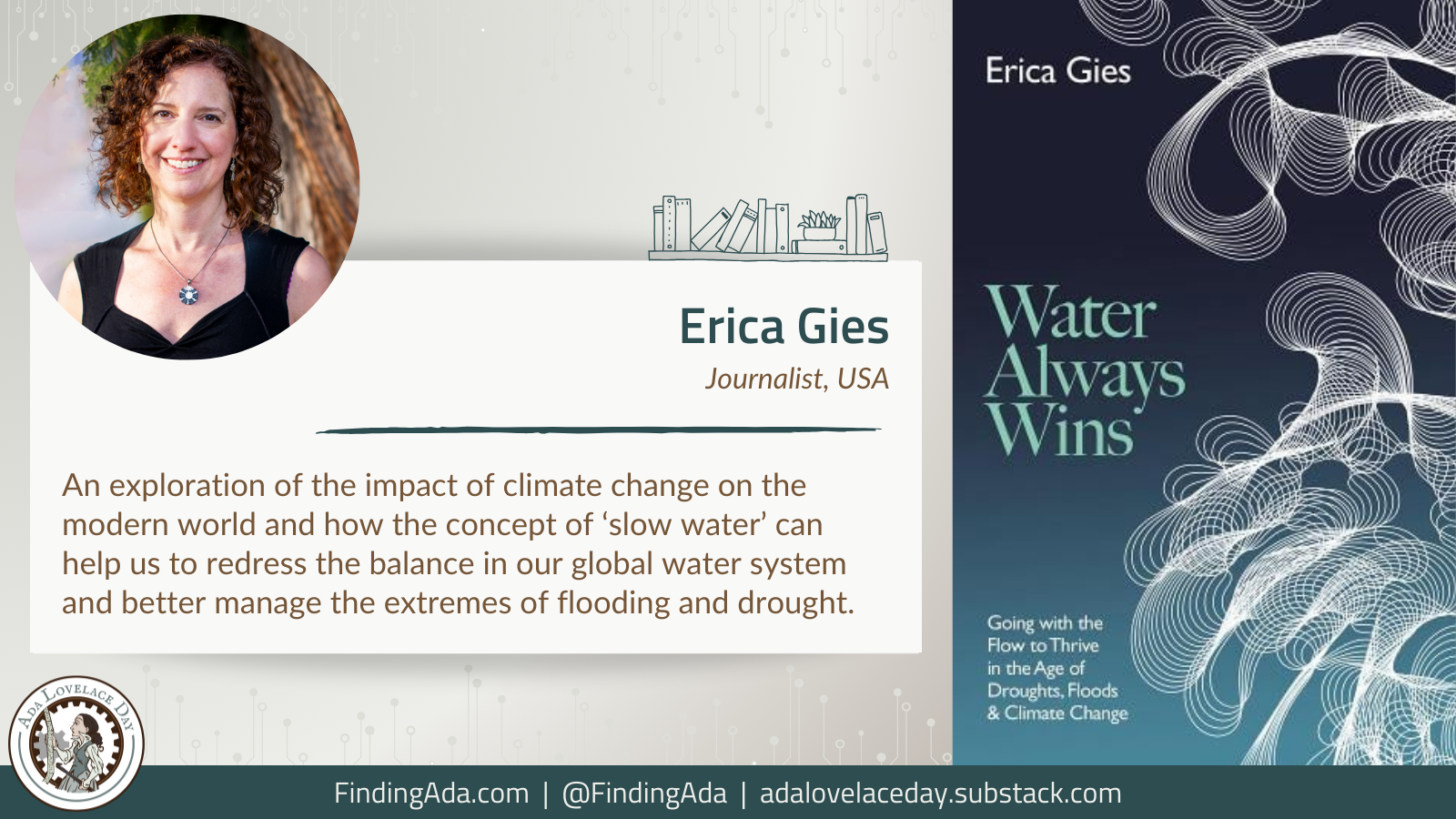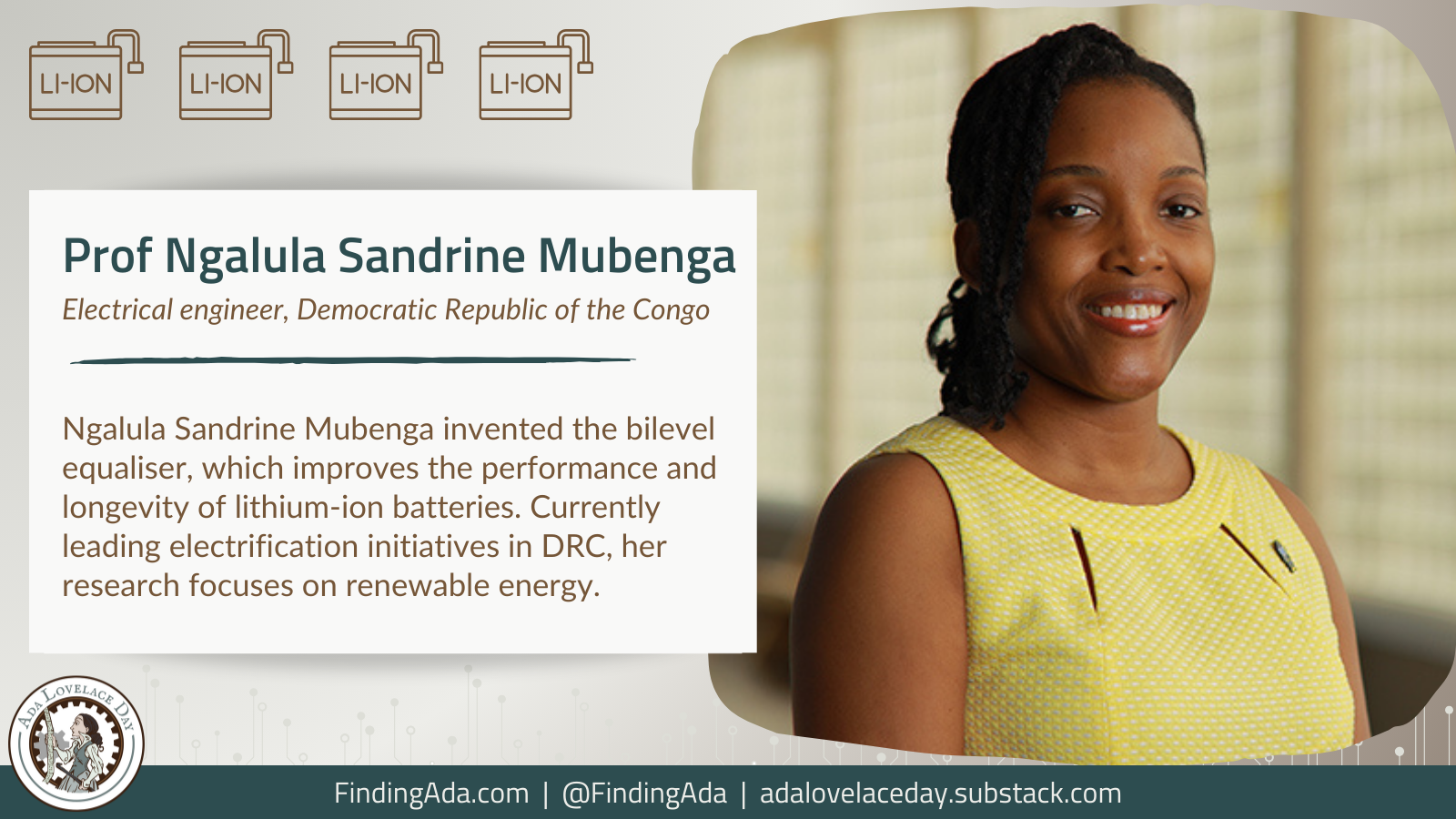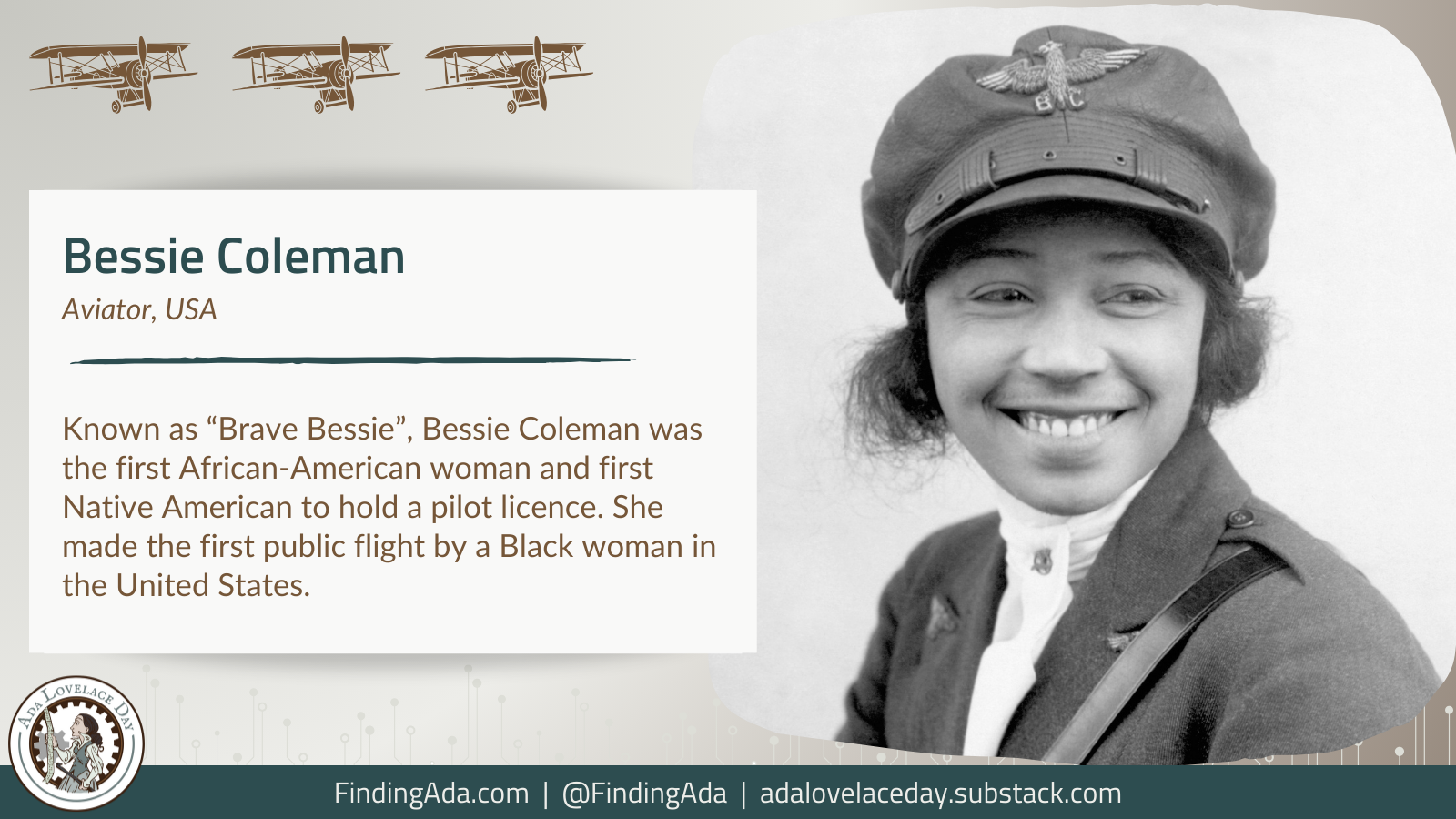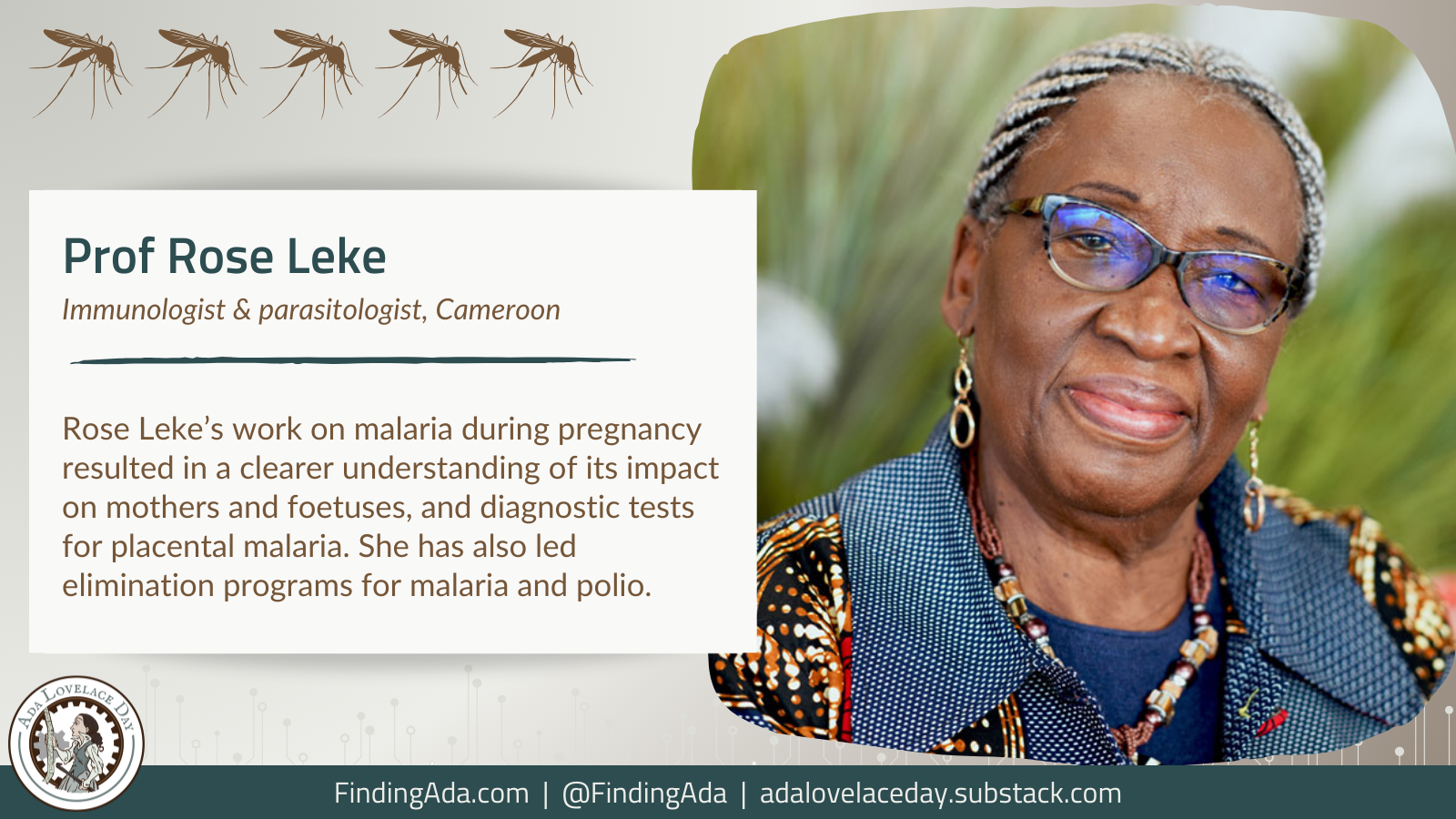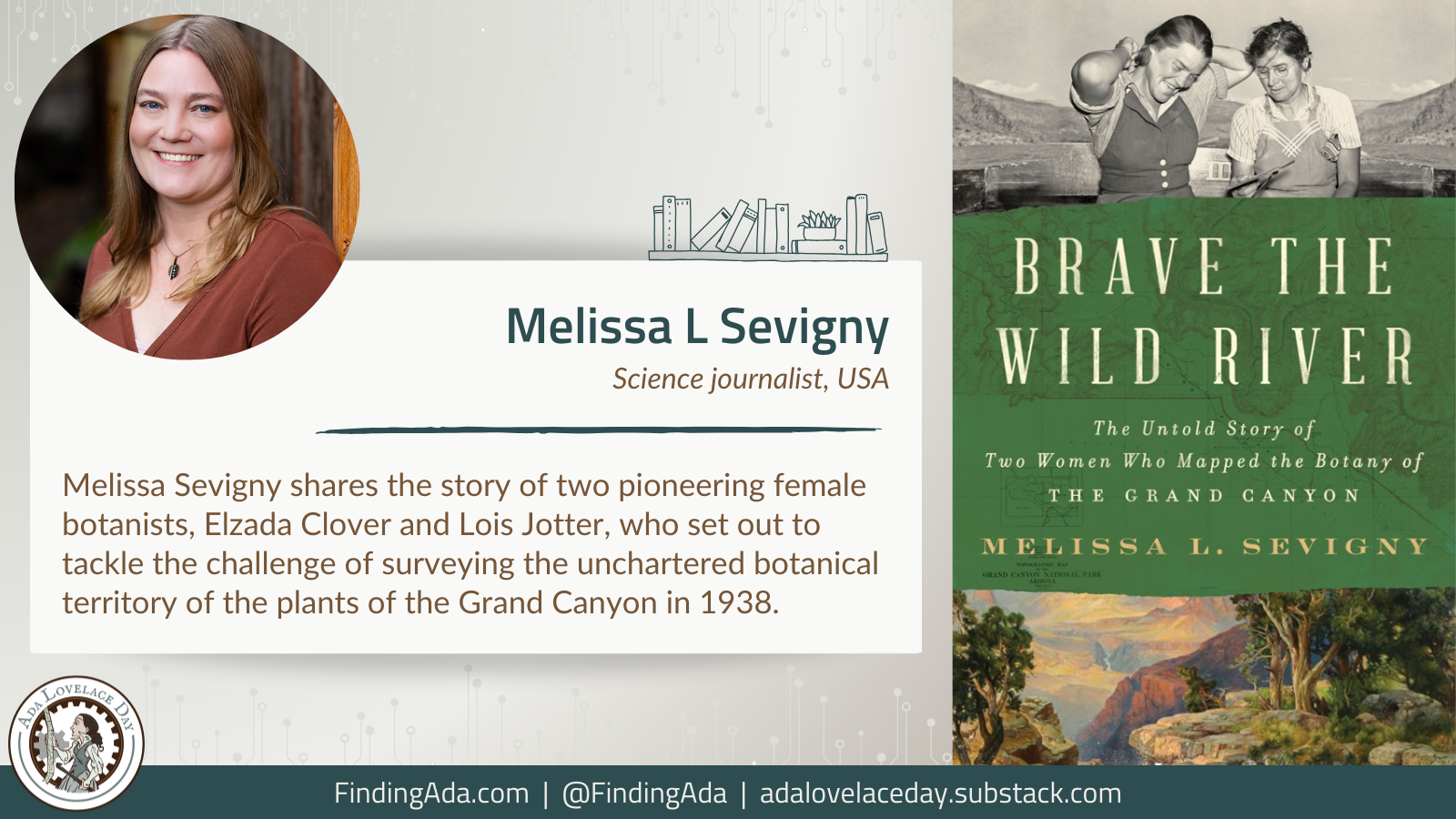Water Always Wins: Thriving in an Age of Drought and Deluge, Erica Gies
The impact of the modern human race continues to manifest itself through climate change, which, coupled with our thirst for ongoing industrial agriculture and urbanisation, has resulted in an increasing frequency of extreme floods and devastating periods of drought in different areas of the world.
Drawing on the work of ‘water detectives’ from across countries such as India, Kenya, Peru and the USA, Water Always Wins conveys that we can learn much from nature on how to redress the impact of climate change.
Erica Gies examines the challenges that our planet now faces and how our efforts to manage water have been unsuccessful because ‘water always wins’. Gies explains the compelling concept of ‘slow water’ – the slowing of water within our landscapes – and how the combination of nature-based solutions and technological advances can restore balance to our global water system and help us adapt to climate change.
Order the book on Bookshop.org.uk.
About the Author
Erica Gies is an award-winning independent journalist and author whose work focuses on water management, climate change, and its impact on flora and fauna. Her work has been published in numerous renowned outlets including Scientific American, The New York Times, The Washington Post, The Economist, and Nature.
Erica grew up in the San Francisco Bay area in California where her days spent hiking and camping sparked her love of water and the outdoors. Gies now divides her time between San Francisco and British Columbia, and much of her work focuses on the environment in these areas.
Gies is also a National Geographic Explorer and has reported on the environment from locations across the globe, including Asia, the Middle East, Africa and South America, where she has researched indigenous and nature-based solutions for water management in a changing climate – the focus of her recent book Water Always Wins. Gies also engages audiences with talks about environmental issues at conferences and colleges including Princeton, Stanford, and the University of California’s California Institute for Water Resources.
You can follow Erica Gies’ work here:
Twitter: @egies
Facebook: facebook.com/Erica.Gies.Author
LinkedIn: LinkedIn.com/in/erica-gies-b878b4
Website: ericagies.com
With thanks to Synergy for their support.
